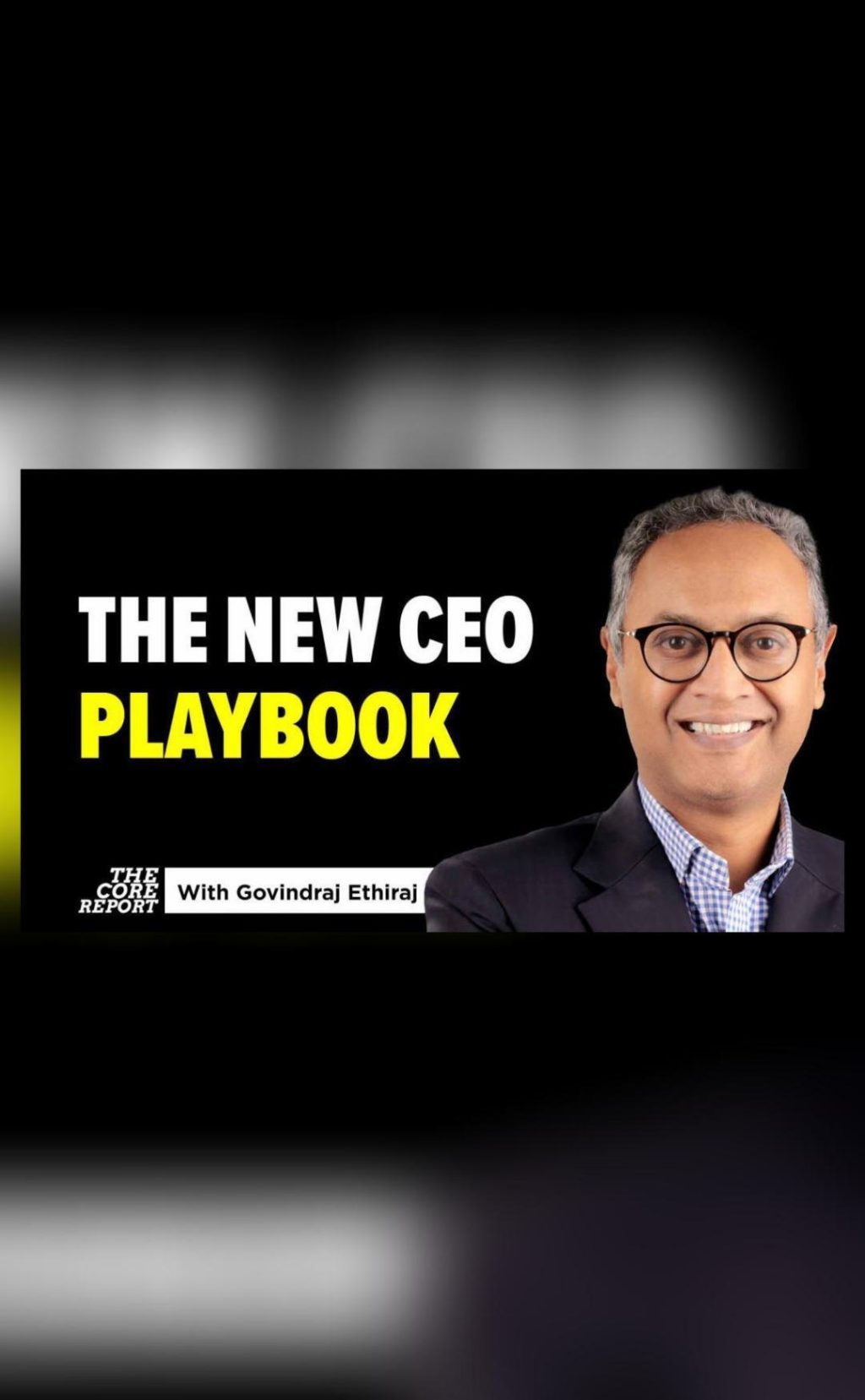
The New CEO Playbook: AI Pressures & Global Tariff Shocks
As we navigate the ever-changing business landscape, CEOs are facing an unprecedented set of challenges that require a radical rethink of their strategy and operations. The confluence of artificial intelligence (AI) reshaping industries and global tariff shocks disrupting trade has created a perfect storm of uncertainty and unpredictability. In this new reality, companies are being forced to localize, adapt, and reconsider long-held business models.
The AI Revolution: An Internal Pressure to Automate and Innovate
AI has been touted as the future of business for several years now, and its impact is finally being felt across industries. From customer service to manufacturing, AI-powered automation is increasing efficiency, reducing costs, and redefining the way businesses operate. However, this shift also presents a significant internal pressure on CEOs to invest in AI and ensure their companies are not left behind.
A recent survey by Deloitte found that 63% of CEOs believe AI will transform their business within the next two years. However, only 22% have a clear plan in place to implement AI across their organization. This gap between intention and action is a major concern for CEOs, as failing to adapt to AI could result in significant losses of market share, revenue, and even survival.
The Tariff Shock: An External Force Disrupting Global Trade
The introduction of global tariffs has created a new level of uncertainty in international trade. The tariffs, imposed by the US government, have led to retaliatory measures from other countries, resulting in a complex web of trade restrictions and regulations. This has created a perfect storm of complexity and unpredictability for CEOs, who must navigate these challenges while also adapting to the changing business landscape.
A report by the World Trade Organization found that global trade has slowed down significantly since the introduction of tariffs. The report also warned that the uncertainty created by the tariffs could lead to a decline in global trade growth, with potential long-term consequences for the global economy.
The Intersection of AI and Tariffs: A New Reality for CEOs
The combination of AI pressures and global tariff shocks has created a new reality for CEOs. They must now navigate the challenges of automation and innovation while also dealing with the uncertainty and complexity of global trade. This requires a fundamental rethink of their strategy and operations, as well as a willingness to adapt to changing circumstances.
So, what does this new reality look like for CEOs? Here are a few key takeaways:
- Localize and Adapt: With the uncertainty of global trade, CEOs must focus on localizing their operations and adapting to changing circumstances. This may involve shifting production lines, sourcing materials locally, or rethinking supply chain management.
- Invest in AI: The AI revolution is not going away, and CEOs must invest in automation and innovation to stay ahead of the curve. This may involve investing in AI-powered tools, hiring AI experts, or partnering with AI startups.
- Rethink Business Models: The combination of AI and tariff shocks requires CEOs to rethink their business models. This may involve identifying new revenue streams, diversifying their product offerings, or exploring new markets.
- Embrace Uncertainty: With no guarantee of stability, CEOs must learn to embrace uncertainty and adapt to changing circumstances. This requires a willingness to pivot, adjust, and innovate in response to new challenges.
The Future of Business: A New Playbook for CEOs
In conclusion, the new CEO playbook is all about navigating the challenges of AI pressures and global tariff shocks. It requires a willingness to adapt, innovate, and localize, as well as a deep understanding of the complexities of global trade. By embracing these challenges and rethinking their strategy and operations, CEOs can position their companies for success in this new reality.
News Source:






